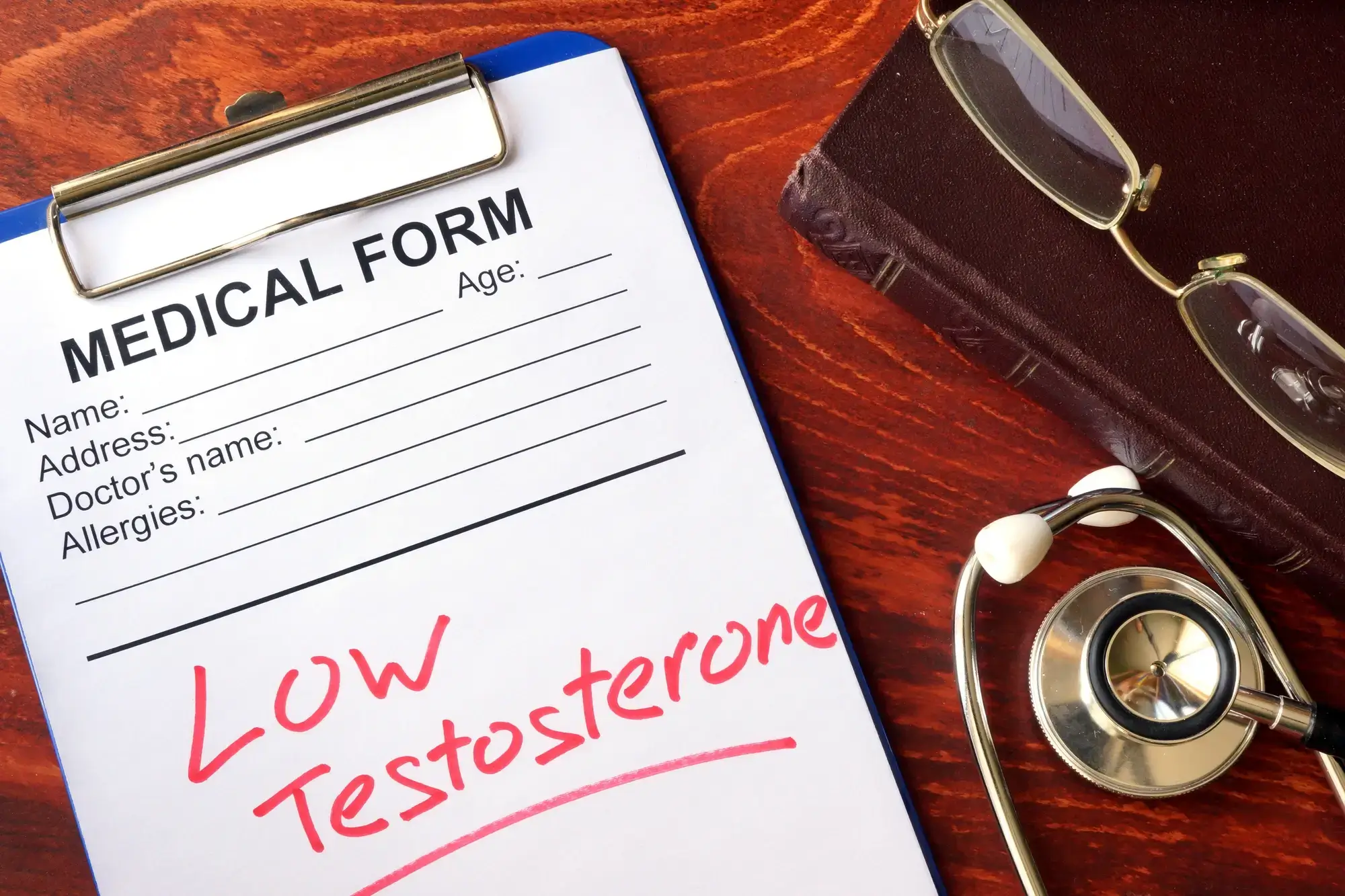Signs and Symptoms of Low T in Men

Testosterone is a very important hormone for men. It is responsible for a lot of functions, including the growth of muscles, bone mass and strength, sex drive, metabolism, mood, virility, facial and body hair, and more. This is why low T in men is a concern.It can lead to a number of harmful consequences.
But for those who suffer from it, the low T symptoms may be vague and difficult to recognize. Keep reading to learn more about the causes and symptoms of low testosterone in men.
Loss of Body and Facial Hair
Loss of body and facial hair can be a sign of low testosterone in men. This can happen in two ways: too little testosterone is being produced from the testes, or too much of the hormone is being converted into an estrogen-like hormone, leading to male pattern baldness.
Symptoms of low T often include thinning on the face, legs, arms, and chest, along with patchiness, slow growth, and complete absence of hair in certain areas. Long-term T deficiency may lead to baldness on the forehead and receding hairline.
Changes in Mood
These mood changes can vary from one man to the next and can range from feeling more fatigued, depressed, or even irritable. Men may find themselves becoming less assertive and more lethargic, having difficulty concentrating, and finding that their libido has decreased.
In addition, men may find themselves becoming more emotional or short-tempered. These changes can make it difficult to stay motivated and focused on tasks throughout the day. If mood changes linger or become more frequent, it’s important to talk to a doctor to rule out any underlying health issues.
Loss of Bone Density
Low testosterone can reduce a man’s bone mineral density (BMD), leading to symptoms of weakened bones. Low BMD can cause an increased risk of fractures, as well as an increased risk of osteoporosis, a condition which thinning of the bones.
Men with low testosterone can also experience early degeneration of bones, which further increases the risk for fractures. Loss of bone density can also lead to general pain in the body, primarily in the back, neck, and hips. Treatment of low testosterone can help reduce the potential health complications, such as the risk of fractures, associated with low BMD.
Reduced Muscular Strength and Endurance
Low T in men is caused by a decrease in the production of testosterone, a hormone essential for normal bodily functions, in the testes. Low-T can disrupt a man’s athletic ability and general fitness level.
Symptoms can range from muscle weakness and fatigue during physical activity to a loss of muscle mass and diminished strength. These effects can eventually lead to a decrease in muscle endurance, as well as an increased risk of injuries due to a lack of strength and stamina.
A decrease in muscular strength and endurance is one of the most recognizable signs of low T and should be addressed with medical attention and proper testosterone replacement therapy (TRT). Visit a TRT treatment center near you to address low testosterone level.
Signs of Low T in Men
Low T in men can lead to serious consequences such as loss of bone density. Bone density loss increases the risk of developing serious health conditions like osteoporosis. It is important to stay aware of any signs of Low T. If you or your loved one experiences any of these, consult with a doctor as soon as possible.
Do you want to read more about the latest news in the health and beauty industry? Check out our other articles today!
